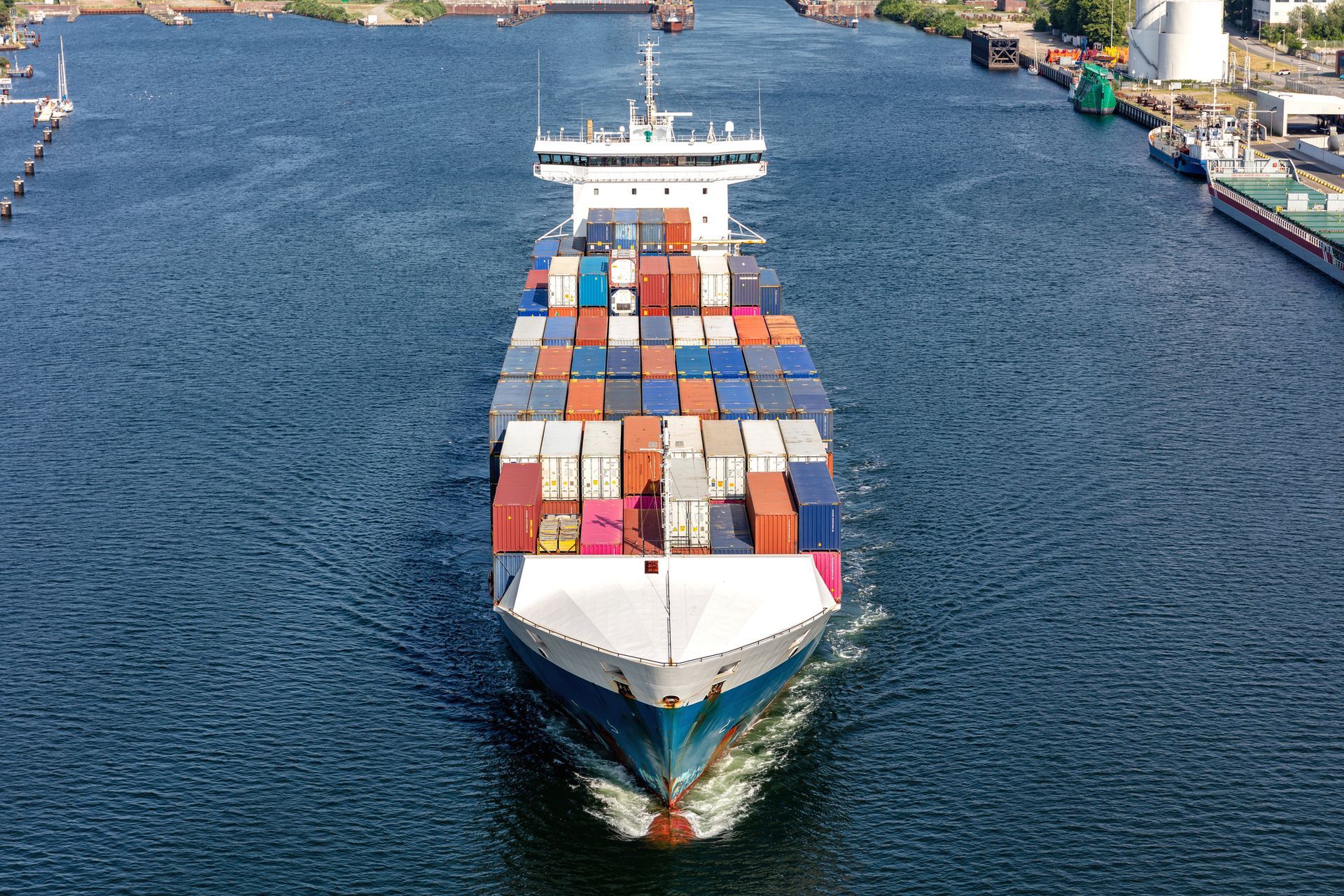
The name is unusual and rarely used in everyday life, but those who work in foreign trade know that fumigation is a process that, despite seeming simple, is quite complex and requires the utmost attention from professionals involved in this activity.
There are many interesting and extremely important things to discover when we seek information and, in this case, we understand that pest control is part of humanity's survival. And fumigation has been playing this role for millennia without us realizing it.
In ancient Egypt, chemical products were already used to perform fumigation in order to reduce the incidence of outbreaks in grains. Therefore, this practice, in addition to being a legal obligation, is a moral obligation. It shows that your company cares about humanity, the environment and the world economy.
The most important thing and what needs to be emphasized is that fumigation is not a choice or just a detail to be taken into consideration. It is a care and a responsibility towards the planet.
But, after all, what is this fumigation required for your shipments?
In import and export, cargo fumigation is the treatment given to pallets and other raw wood packaging with chemical compounds, high temperatures or volatile pesticides (called fumigants).
The process is intended to prevent the circulation of fungi or high-risk pests that could cause harm not only to the economy, but also to human health and to the various biomes around the planet.
Fumigation is a requirement of phytosanitary agencies in many countries, including Brazil. Companies operating in the sector throughout the country are accredited by the Ministry of Agriculture, Livestock and Food Supply (MAPA), which issues the Phytosanitary Certificate of Origin (CFO), which guarantees standardization of the services performed.
The Phytosanitary Certificate is the official document used to prove that shipments of plants, plant products and products of plant origin comply with the requirements of the importing country.
It is important to emphasize that the responsibility for fumigation lies with the exporter, who must, before shipping goods, know the requirements of the country to which they are exporting.
The disruption and financial losses may make an export unfeasible if the goods arrive at their destination in fumigated packaging with products that do not meet the standards or even without the required procedures. The procedures and costs of re-exportation are also the responsibility of the exporter. In addition, the punishment for the company responsible for the lack of sanitation may also include exclusion from the general and special conditions of the transport insurance.
Brazilian legislation is very serious about this process, described in detail in ordinance no. 385, of August 25, 2021, of the Ministry of Agriculture, Livestock and Food Supply/Secretariat of Agricultural Defense "” MAPA/DAS. In fact, in CHAPTER XII, which discusses prohibitions and infractions, page 39, it can be seen that failure to comply with many rules may constitute a crime. Therefore, fumigation is, mainly, a major responsibility of the industry.
Understanding the fumigation process
It is important to note, first of all, that all operations involving fumigation services require the use of PPE (Personal Protective Equipment) such as helmets, vests with reflective elements, suitable boots, signs warning about the operation and icons. This ensures the safety of the worker.
Wooden pallets, boxes and other similar packaging require this treatment, as they are made of organic and porous material, which allows the accumulation of bacteria, fungi and insects. Fumigation prevents these pests from remaining on their surface or inside.
The technique uses gases, in a dry process, through the use of pesticides or chemical products. There are several applicable methods, but the most widely used and widely used, considered by experts to be the most beneficial, is that done through smoke, which provides the best guarantee of homogeneous diffusion of an active ingredient and has the capacity to reach both particles spread in the air and fixed particles.
All wooden parts must be fumigated, regardless of size. Under favorable humidity and temperature conditions, the evolutionary cycle of the process is completed, in most cases, in about 35 days.
To ensure excellent treatment of a pallet, it is essential that the authorized company makes a checklist of the steps, including a visual inspection upon arrival of the pallet, heat treatment, inspection of the stock to check for possible defects in any of them, among other details.
At the end of the process, a stamp is applied indicating the certification, which includes the IPPC acronym, the country of origin of the pallet, the company's accreditation number provided by MAPA and the type of treatment applied.
In short, the stamp shows that the entire fumigation process has in fact taken place. It alone is not enough. So, when your client asks you to just “stamp” the pallet, the answer is: you can't!
Types of phytosanitary treatment
In Brazil, there are 3 authorized forms of phytosanitary treatments, according to IN No. 32 of 2015, which regulates the process:
1- Heat treatment or oven drying
Here, the wood that will be used to make packaging and supports must be subjected to a minimum temperature of 56 ºC for 30 continuous minutes in a heating chamber, which must be sealed and insulated. Sensors are used to monitor the temperature. Calibrated equipment is inserted into the wooden pieces. If necessary, the temperature can be increased.
If the procedure is successful, the pieces will be identified with the code HT (initials for Heat Treatment).
2- Heat treatment via dielectric heating
In this type of treatment, the packaging is subjected to a minimum temperature of over 60 ºC for one continuous minute and throughout the entire wood profile. The minimum temperature must be reached within the first 30 minutes and will be verified by at least 2 sensors. If it meets all the technical requirements, it will receive the code DH (acronym for Dielectric Heating).
3- Fumigation with methyl bromide
The procedure is a form of dry disinfection. This chemical compound, a type of gas, is also used as a base for agricultural pesticides.
Methyl bromide fumigation is used when there are live pests in the packaging. The materials will be fumigated for approximately 24 hours until reaching the Concentration Time (CT) and final concentration specified in IN No. 32 of 2015.
Why is fumigation important?
These packages and supports made of raw wood, pallets and boxes, in particular, can become a serious global problem, as we have seen above. It is obvious that most of the richest countries currently have very advanced pest control systems, so the probability of a large-scale infestation is very low.
However, we cannot forget that we also did not expect a pandemic that, in the 21st century, would kill more than 5.5 million people around the world, like COVID-19.
Therefore, whether it is safe or not, prevention is never too much and, to avoid catastrophes like the great famine of Ireland in the 19th century, for example, we must take seriously the recommendations of organizations and scientists who spend their lives studying to protect us.
The Commission on Phytosanitary Measures (CPM), the governing body of the International Plant Protection Convention (IPPC), holds annual meetings to review and adopt new international standards to prevent the spread of pests, removing old ones and incorporating new protocols if necessary to block devastating pests.
The IPCC is the only international body recognized by the World Trade Organization's SPS Agreement and governments around the world to set and implement phytosanitary standards to protect plants from pests and diseases and ensure safe trade.
The market is increasingly demanding
In addition to the already recognized importance of the fumigation process, failure to comply with or disregard for the standards can give your company a bad impression in the market. Today, ESG practices are almost a worldwide obligation, especially for those who want to position themselves as a respected player, as an example of good practices and ethical procedures.
Any problems that your client's company may have due to failure to comply with phytosanitary procedures, for example, can leave it negatively marked in the market, leading to the loss of major deals and, consequently, many customers.
There is nothing more practical to expose the dangers of ignoring procedures that have already been established as essential worldwide than a good example already experienced by humanity.
In 1845, the staple food product in Ireland was the potato. This tuber, which until the end of the 17th century was a garden plant, became the staple food of the poor at the beginning of the following century, appearing as a solution to the problem of hunger in that country, which had a growing population and little food.
Potato monoculture fed Ireland for over 40 years. Everything was made with potatoes and, to increase productivity, some European countries, including Ireland, imported large quantities from the Andes in Peru, which arrived infested with the fungus Phythophthora infestans. This pest destroyed Irish potato plantations between 1845 and 1847 and, due to soil infestation, made new plantings impossible.
One million deaths and over a million emigrations to the United States and Canada, mainly, were the result of this infestation. The Great Famine of 1845–1849 in Ireland is what this period became known as.
Another example of a more recent pest infestation is the case of the boll weevil in the Americas, which spread to the state of Paraná, Brazil, in the 1970s, causing losses of over 70% of the production of this crop. The boll weevil continues to be the main pest of cotton crops in the Americas.
Other causes of major losses to Brazilian agriculture are coffee rust, wood wasp and soybean rust.
In other words, the impacts of ignorance or even ignoring the rules can be devastating for humans, the environment and the economy, as already mentioned.
Continue a navegar no blog da Allink

Mantenha-se informado sobre o comércio exterior
Assine nossa newsletter e receba atualizações semanais de forma gratuita sobre o mundo da logística.




